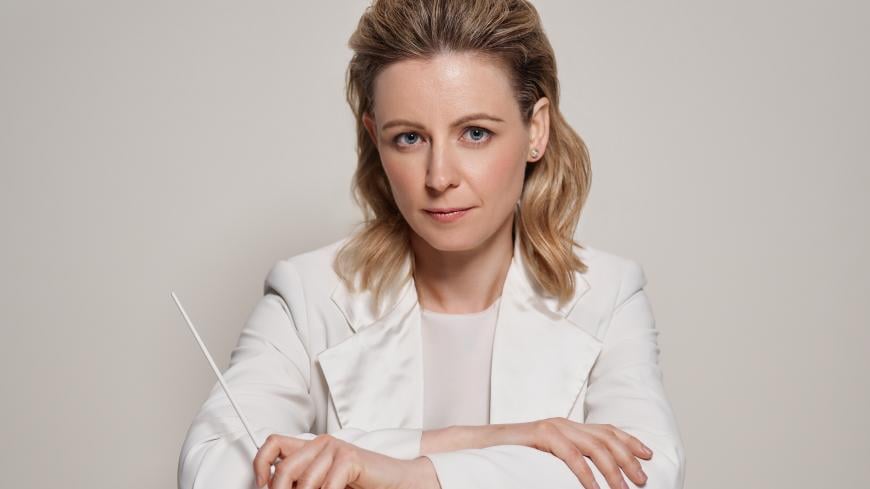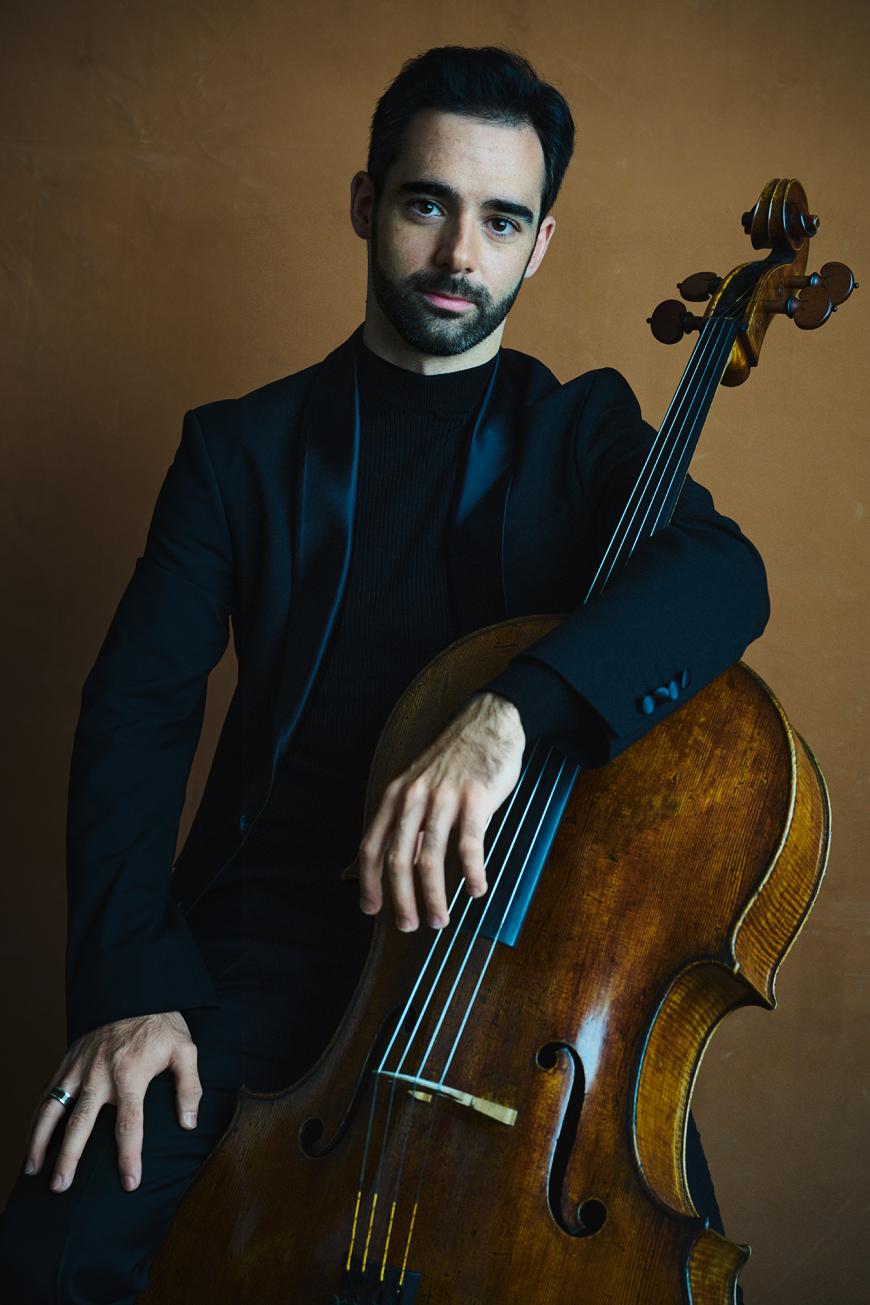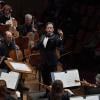
All Edward Elgar wanted was peace, gentle peace. He began his Cello Concerto during the First World War, and its under-rehearsed premiere performance was an uphill battle, the defeat a blow. If only he had lived to see English orchestras improve their standards — and his piece crowned a standard of the repertoire.
Among the many times the concerto has appeared at Davies Symphony Hall, Friday’s performance by the San Francisco Symphony was a standout. You felt bad for the two 30-something stars, cellist Pablo Ferrández and conductor Gemma New, when the audience — were there ever so many sick cell-phone droppers? — mucked it up.

And poor Elgar. He rose to fame around the turn of the 20th century with the Enigma Variations and, once people learned the notes, his oratorio The Dream of Gerontius. Then things went south. His old tunes began to seem conservative, and he composed fewer of them, depressed about the war, his finances, and his declining health. It was in the hospital that he sketched the Cello Concerto’s main theme, which sighs with the reminiscences of a composer in his twilight years. It would be his last major work.
If you had to summarize the piece in one movement, it would be the last. The music at first marches with more bark — and on Friday, good pomp — than bite. Surely this won’t be all? Then everything falls away. Pleading harmonic progressions circle back through the slow movement’s sanguine melody before giving up and pressing on.
Certain strains of Elgar can turn maudlin, and the accretions that have accumulated from a century’s worth of performances haven’t helped. In fact, it’s remarkable how well the concerto comes across once it’s stripped down. In his SF Symphony debut, Ferrández made this music noble, always and everywhere. Often, it was so soft you could at least imagine the sound of a pin dropping into the cacophony of coughs.
A collective sigh of relief came in the full-bodied music of Felix Mendelssohn’s “Scottish” Symphony. The work began during the 20-year-old composer’s walking tour of Scotland, the same trip that inspired The Hebrides overture. But with this symphony (numbered Third but in fact completed after his Fifth), he got stuck — for a dozen years. You hear it in the finale’s coda, which transforms material from the first movement that has little to do with this fourth one.
Mendelssohn was a master of countermelody, so it was shame to lose the pizzicato in the slow movement, music as tender as a storybook. There was a certain muddiness throughout Friday’s performance. The orchestra’s sections were uniform, to be sure, only the articulation needed to be shorter, the strokes more spaced. But what sound New coaxed from the musicians. It was a plush, pretty scherzo, the merry melody’s accompaniment shining with the pride of industry.
Beaming, if less boisterous than it might have, was the Overture by Grażyna Bacewicz. It’s always a treat to hear from this composer, who was born in 1909. After studying in Paris, she returned to her native Poland, making her living as a violinist but also writing fiction and composing as much as she could, including this piece, during the Nazi occupation. You get the sense she was made of tough stuff.
“Keep calm and carry on,” booms the timpani, whose pickup notes in Morse code spell “v” for “victory.” With can-do spirit and pitches crisp like primary colors, the harmonies adapt to the commotion. Just as the score stretches for a catnap — in lazing music, faintly French — it’s prodded along. Bacewicz didn’t indulge: Few of even her major works (which include a dozen concertos, seven string quartets, and four symphonies) exceed 20 minutes.
Under New’s baton, the strings were sprightly, delicate even. Days before the concert, New, who is principal conductor of the New Zealand Symphony Orchestra, stepped in to replace Marta Gardolińska (who withdrew due to a family illness). This overture wasn’t supposed to have been her piece, but she made it her own.




